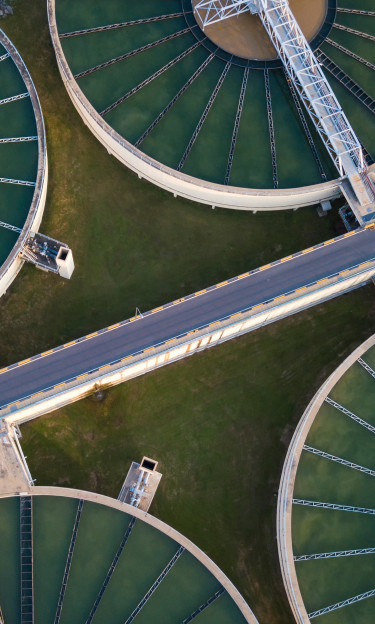Valuing water for the Economy

Agriculture uses the major share (69%) of global freshwater resources. Food security has long been a challenge for human societies and will become an increasingly pressing global issue over the coming decades: global demand for food and other agricultural products is projected to increase by 50% between 2012 and 2050, driven by population growth.
Additionally, in many regions of the world, water for food production is major driver of environmental degradation, including depletion of aquifers, reduction of river flows, degradation of wildlife habitats, and pollution.
Valuing water for food production should consider not only the direct economically beneficial use of water but also the economic, sociocultural or environmental benefits associated with water, which too often, remain unaccounted. Some of those benefits include achieving food security and improving nutrition, accommodating shifts in consumption patterns, generating employment and providing livelihood resilience especially for smallholder farmers, contributing to alleviating poverty and revitalizing rural economies, supporting climate change mitigation and adaptation, and providing multiple-use water services.
The food security value of water is high but rarely quantified – and it is often a political imperative irrespective of other values.
Industry and energy combined withdraw 19% of the world’s freshwater. Due to its character, the energy and industry business sector is highly focused on monetization. This provides a predisposition towards certain aspects of value, excluding others.
The most straightforward monetary valuation is volumetric: price per cubic meter, multiplied by the volume of water used, plus the cost to treat and dispose of wastewater.
However, it is important to recognize that the overall economic productivity of water in the energy, industry and business sectors leads also to various co-benefits, such as job creation, product value per unit of water or product value-added.
For example, the circular economy will value water to the extent that each litre is reused again and again, making water itself almost become part of the infrastructure rather than a consumable resource.
Inadequate valuation of water for energy generation, industrial and agricultural activities and domestic uses has led to inefficient water use, high discharges of pollutants, and degraded marine and freshwater systems; all leading to high levels of water stress due too little, too much, or too dirty water.



